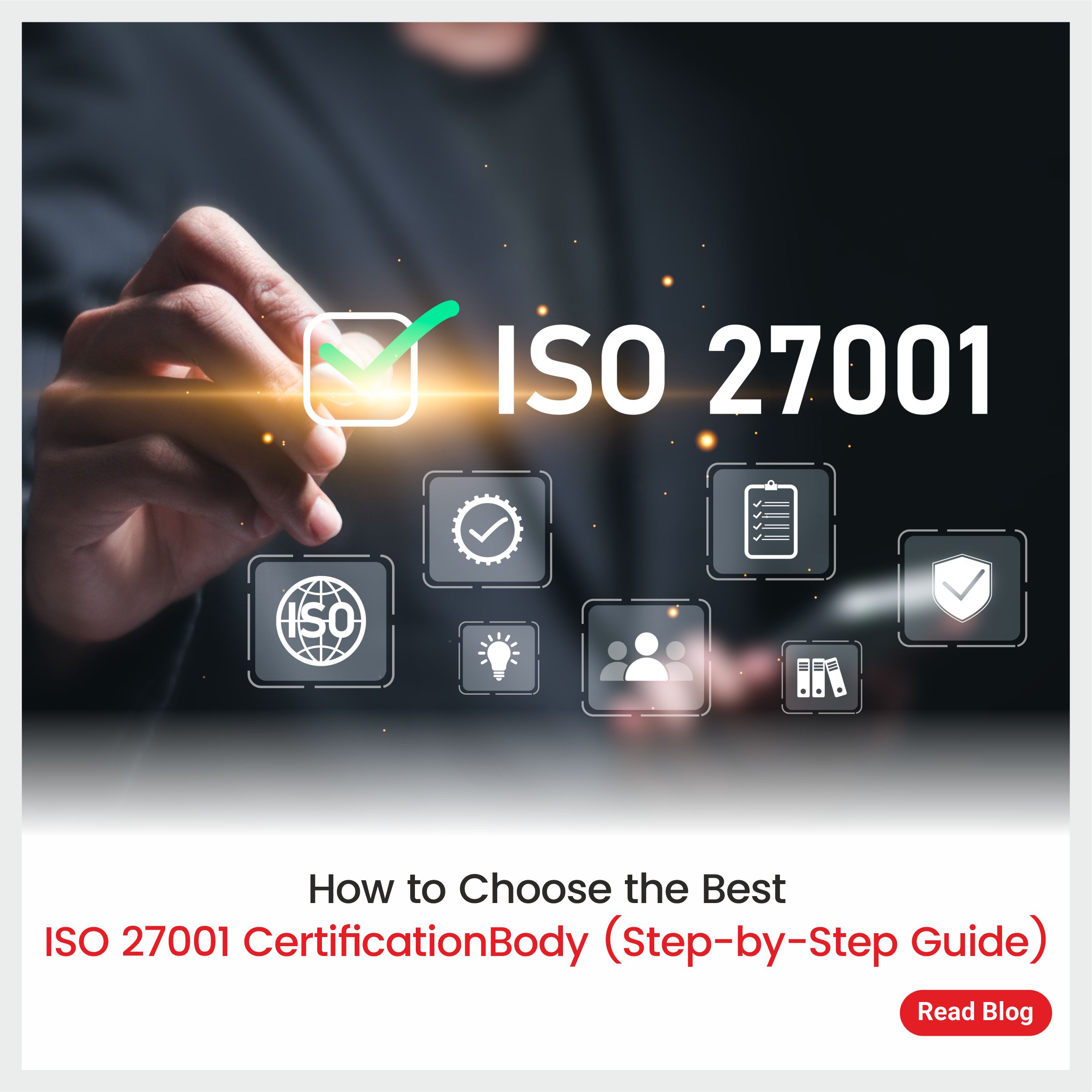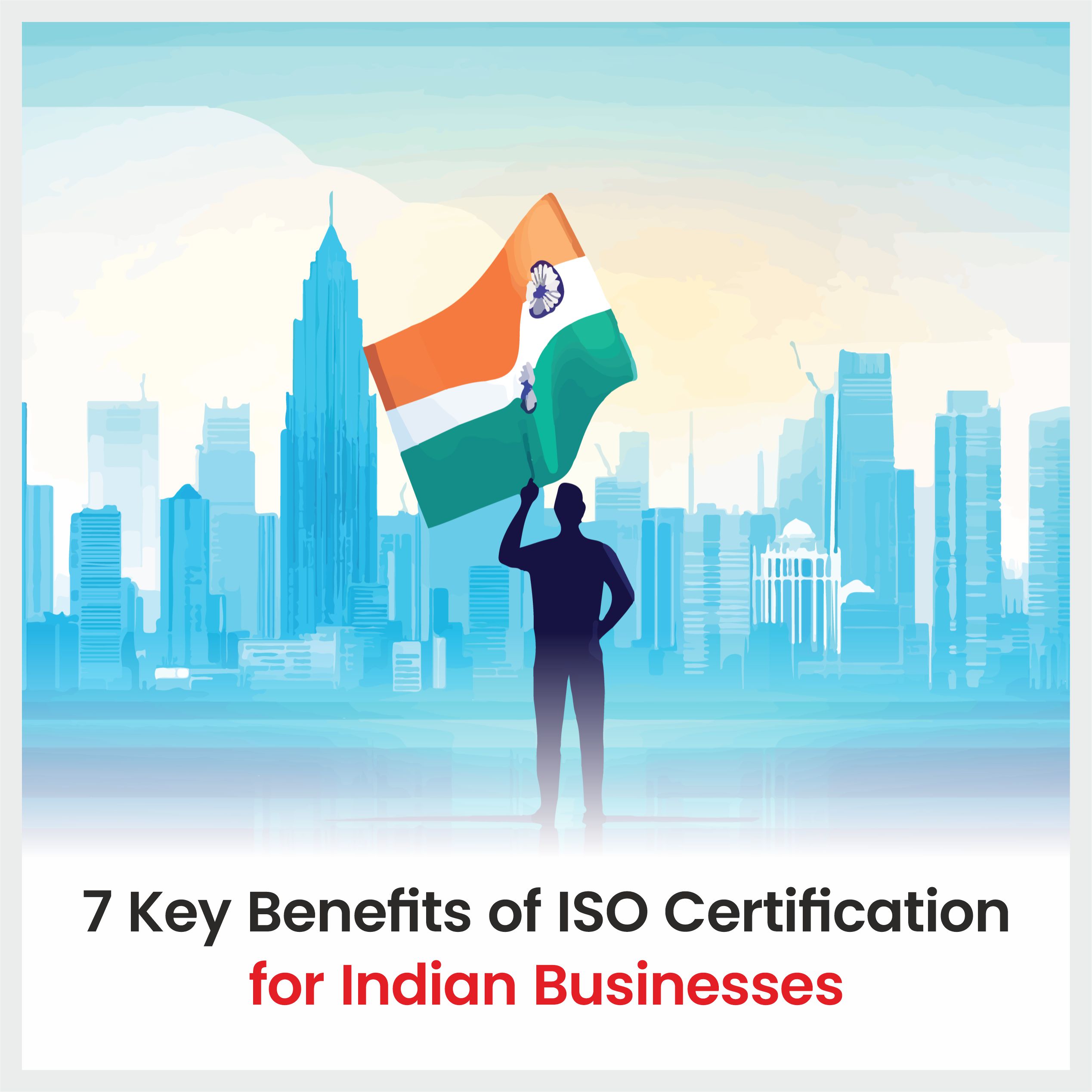GET ISO Certification for Pharmaceutical Industry
Pharmaceutical industries have the responsibility upon themselves for ensuring the wellbeing of a society. As it is significant for our health and life, it is essential to maintain standard quality and efficiency of pharmaceutical products. Every stage of production of these products are required to undergo certain controls that ensure the safety of products. For this purpose, the International Organization of Standardization (ISO) publishes certain standards that help in maintaining the quality, efficiency, and safety of pharmaceutical products. Therefore, the demand for ISO certification Pharmaceutical industry is on a constant rise. This also helps the pharmaceutical companies to prove their credibility in the market and move ahead of their competitors.
⚡ Key ISO Standards for Pharmaceutical Industry
💡 Get Certified. Get Recognized. Grow Globally!
Boost your organization’s credibility, trust, and performance with internationally recognized ISO Certifications and Professional Trainings.
📜 ISO Certifications:
ISO 9001, ISO 14001, ISO 45001, ISO 22000, ISO 27001, ISO 27701, etc.
🎓 Training:
Lead Auditor Training, Lead Implementor Training, Internal Auditor Training, etc.
🔐 Infosec:
VAPT, GDPR, CMMI, SOC 1, SOC 2, HIPAA, HITRUST, PCI DSS, Cyber Security Audit, etc.
✨ Your Partner for a Sustainable Tomorrow ✨
Note:: The certification process begins with submitting a form and technical details, which are used to determine audit man-days. Our experts evaluate the information and share the cost and timelines with the client. We value your time and ensure quick responses, clear communication, and timely delivery of services.
Which ISO Standards are best Pharmaceutical Industry?
The following is the list of ISO certifications applicable to pharmaceutical industries:
ISO 9001 Standard
ISO 9001:2015 is the most popular ISO certification for implementation of quality management systems in an organization. It can be applied to any industry and for pharmaceutical companies, it holds great importance as it ensures the quality, safety, and efficiency of pharmaceutical products as well as that of the processes through which the products pass.
ISO 14001 Standard
The growing concern over the deteriorating environment has prompted several legislations to check the adverse impact of business activities on the environment. With ISO 14001 certification, the pharmaceutical companies can establish and implement an environmental management system that would improve the organization’s interaction with the environment as well as make it compliant to any environmental laws.
ISO 45001 Standard
It is important to ensure the safety and wellbeing of your workforce in order to increase productivity. An ISO 45001 certification helps in implementing Occupational Health and Safety Management System in an organization that prevents any occupational safety risk.
ISO 50001 Standard
ISO 50001 certification demonstrates the ability of an organization in reducing its carbon footprint. With the help of this certification, the pharmaceutical companies can effectively utilize its energy resources and reduce wastage. By increasing the efficiency and cutting the costs, these organizations can achieve competitive advantage.
Benefits of ISO certification for Pharmaceutical Industry
The Pharmaceutical Industry is indeed the backbone of any economy. It is also one of the most infamous sectors when it comes to causing irreparable damage to the environment. Thus, with the help of ISO Certification, these industries can maintain the balance between development and environmental sustainability to standardize their system and processes according to internationally recognized and accepted norms.
- ISO certification ensures that there has been risk-based decision-making that would result in timely identification of risks, so that they can be prevented or mitigated on time.
- It ensures an improved involvement of the leadership for effective implementation of the management system.
- ISO certification ensures a smooth supply chain management.
- Since ISO certification is a proof of credibility of an organization, it helps the pharmaceutical companies in delivering premium and safe products that meets the customer’s requirements.
ISO Certification process for Pharmaceutical Industry
- Application & contract
- Audit team Assignment
- Document view
- Certification Audit Independent review
- Notification of Certification
- Surveillance audit
- Re-Assessment
The certification process goes further. click here to view the next steps to the ISO certification Process
ISO certifications have huge significance across a varied range of industries. They not only help to improve the processes within the organization but also ensure a smooth flow of services throughout the supply chain. Know more about Sis Certifications: Click
FAQs
Answer:
The most commonly applicable ISO standards for the pharmaceutical industry include:
ISO 9001 – Quality Management System
ISO 14001 – Environmental Management System
ISO 27701 – Privacy Information Management System
ISO 45001 – Occupational Health & Safety Management System
SOC (System and Organisation Controls)
ISO 22000 – Food Safety Management System
GDPR – General Data Protection Regulation
These standards help pharmaceutical organisations ensure product quality, regulatory compliance, safety, secure data handling, and risk management.
Answer:
To obtain ISO certification for the pharmaceutical industry:
Organize and prepare all relevant organisational information in a systematic format (preferably with expert guidance).
Document all business processes and policies.
Implement the documented system across the organisation.
Conduct internal audits during and after implementation.
When the certifying body approves your management system, the organisation receives the ISO certificate.
Answer:
An ISO certificate is valid for three years. During this timeframe, annual surveillance audits are conducted to verify continual compliance with ISO standards.
Answer:
To apply for ISO certification for the pharmaceutical sector:
Select the relevant ISO standard(s) required for your organisation.
Choose a credible, recognised ISO certification body.
Submit an application including confidentiality, liability and access terms.
The certification body reviews your documentation and identifies gaps.
Implement corrective actions and undergo an on-site audit.
After approval, the organisation is awarded the ISO certificate.
Answer:
The cost of ISO certification varies depending on factors such as:
Number of employees
Number of branches
Size and complexity of operations
Type and number of ISO standards selected
After reviewing your management system and organisational information, the certification body will provide the exact cost.
Missing Something?
We’re here to help you find exactly what you need—just let us know, and we’ll guide you in the right direction.
LATEST NEWS & BLOGS

India’s Digital Payments Story Runs on One Invisible Layer: PCI-DSS
India at the Center of the Digital Payments Boom With a boom in the digital economy, India finds itself at

How to Choose the Best ISO 27001 Certification Body (Step-by-Step Guide)
Data breaches can happen at any time, and regulators or clients can also act without warning. ISO/IEC 27001 certification is

7 Benefits of ISO Certification in India for Business Growth
Businesses claim to deliver QUALITY in today’s cut-throat market; however, there is no source to verify the claims. What if

